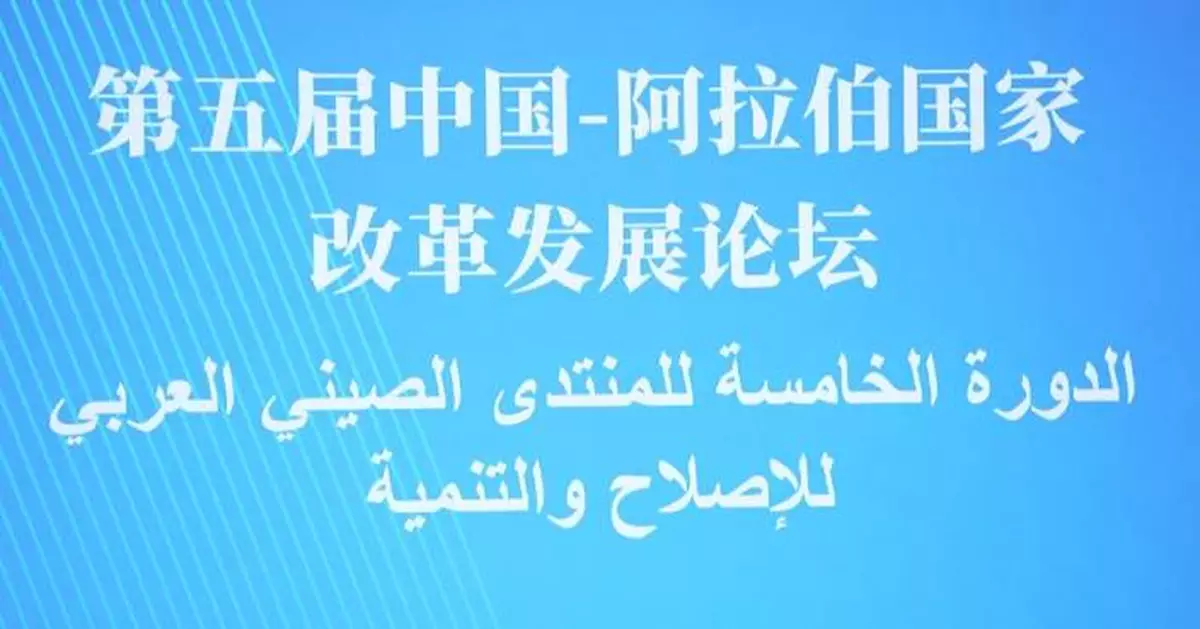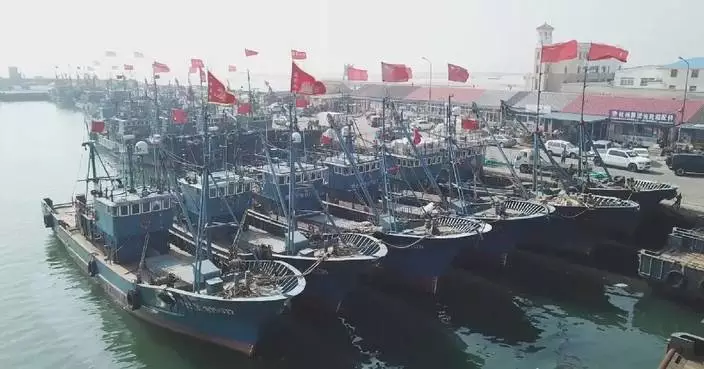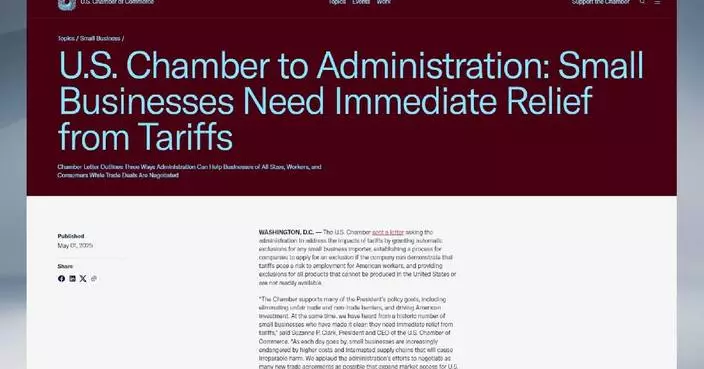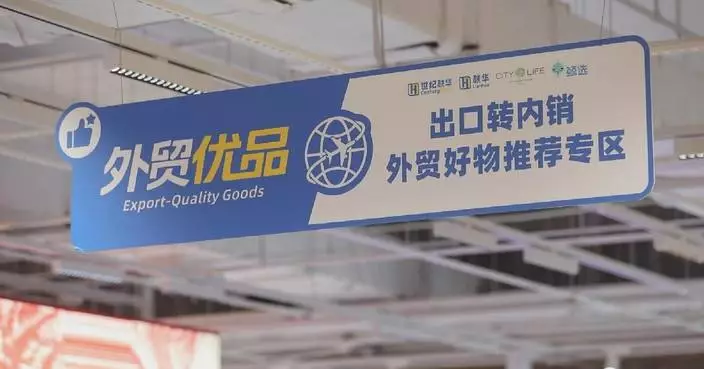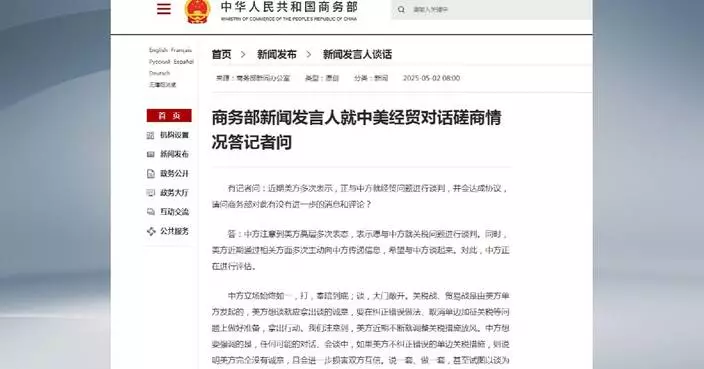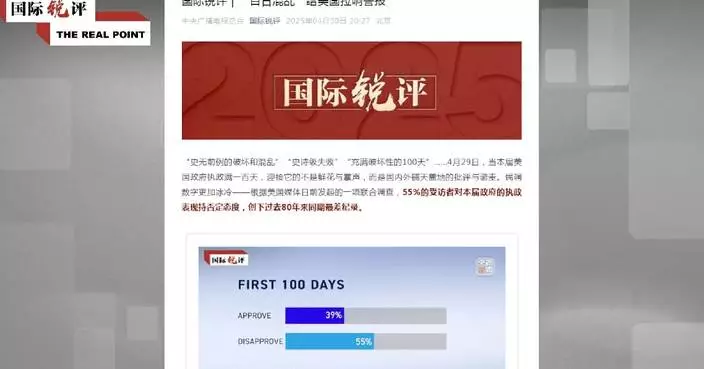The 5th China-Arab Countries Reform and Development Forum was held in Shanghai from Friday to Saturday, gathering thought leaders to explore future cooperation in the Global South amid global challenges.
More than 100 representatives from political, academic, and business fields across China, 19 Arab countries, and the Arab League convened under the theme, "Implementing Global Development Initiatives and Promoting China-Arab Cooperation towards a New Direction."
"When the U.S. has almost lost rationality in imposing tariffs on us, the importance of cooperation between China and Arab countries becomes particularly highlighted. This is also a very important aspect of promoting unity in the Global South, because Arab countries are an important force in a multipolar world. Previously, our cooperation focused on strategic and diplomatic areas. In the future, there will be greater development in various fields such as economy, investment, and technology. For example, our cooperation in the new energy field such as solar panels is fast developing and going deeper," said Wang Guangda, secretary-general of the China-Arab Reform and Development Research Center.
Amid rising tariff tensions and an ongoing technological revolution, attending representatives emphasized the need for China and Arab countries to collaborate in preserving the multilateral trading system and driving high-quality development for the future.
"Regarding the measures taken by Donald Trump, by the American president, we think what China is doing now is very crucial, because it will define the next identity of the financial (sector)," said Simon Jabbour, director of the Exhibition Department under the Ministry of Economy and Trade of Lebanon.
Today, China and Arab countries enjoy a comprehensive and in-depth partnership, with bilateral trade continuing to grow. In 2024, trade between the two sides reached approximately 400 billion U.S. dollars, making China the largest trading partner of Arab countries.
Cooperation under the China-proposed Belt and Road Initiative (BRI) has also deepened. Statistics show that China and Arab countries have initiated more than 200 major projects in infrastructure, energy and other fields under the BRI, benefiting nearly 2 billion people in the two regions.
"The Arab-Chinese relations have been there for thousands of years, and the Belt and Road (Initiative) came to revive the old silk road. Therefore, definitely, there will be enhancement of trade between China and Arab countries," said Afkar Farsi, director of the International Trade, Knowledge Economy and Technology Department with the Ministry of Foreign Affairs of Oman.
The representatives visited the leading technology development sites including the Robot Valley, the G60 science and technology park, and leading AI company SenseTime, looking for more cooperation opportunities in the high-tech development.
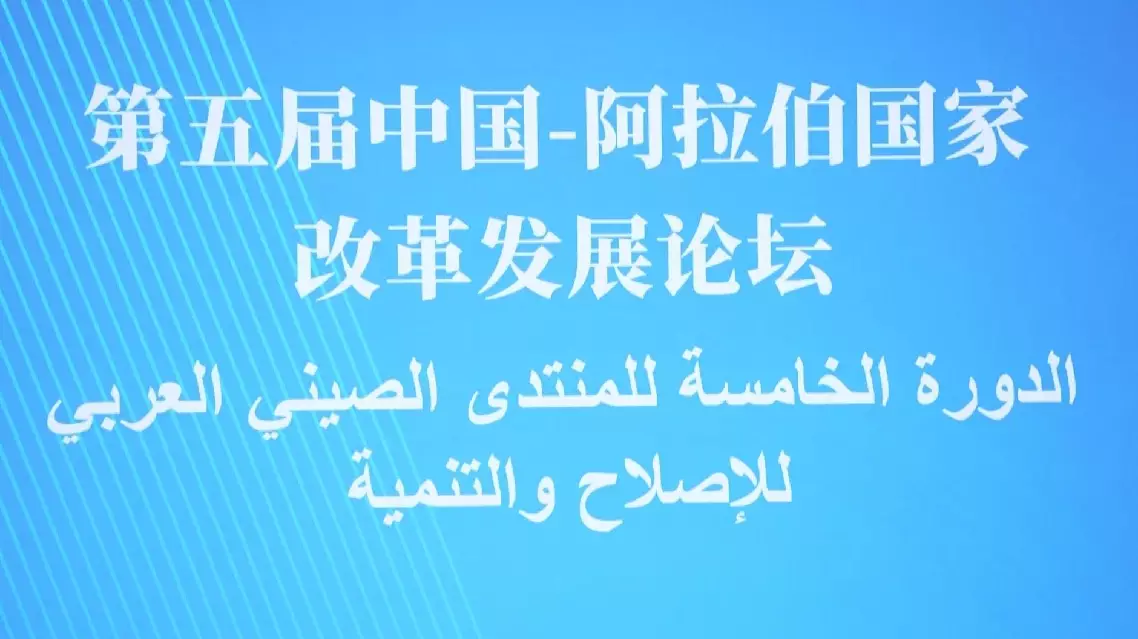
China-Arab forum in Shanghai maps future cooperation amid global trade tensions


